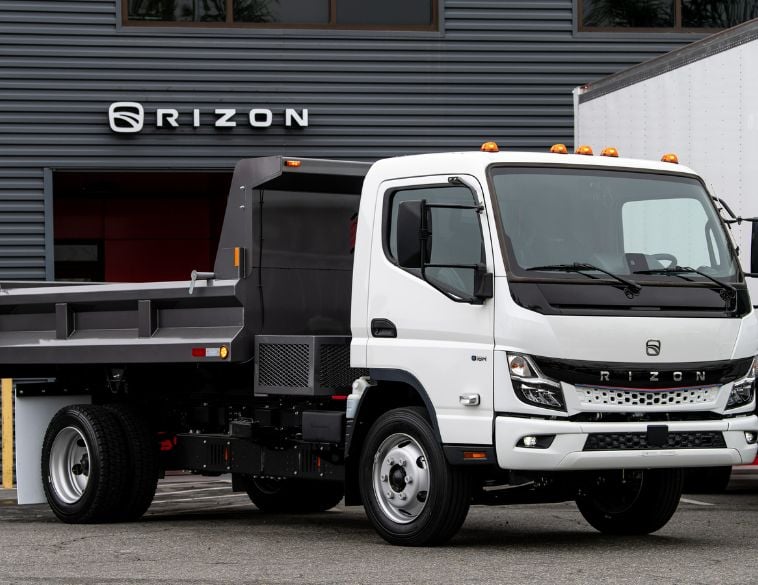It’s not only microchips that are in short supply but lumber and rubber too, all of which could prove very challenging for fleets.
I still get a daily newspaper. No checking on my phone for news of the world. A man (I think it’s a man) with an incredibly accurate arm pitches it from the end of my driveway to my front door around 5:00 AM seven days a week.
He’s only missed the door once as far back as I can remember. I found the paper in the euonymus bush a few months later.
Surplus production
For several months now the business pages have been running a lot of stories about shortages. Before the pandemic started, I don’t recall hearing much about shortages. At least, not materials shortages. The world seemed awash in surplus production, especially in goods made in China.
It started with chips, little electronic parts that help machinery as cars and trucks function more reliably and efficiently. They are also in gaming devices, cellphones, TVs, appliances and many other things that suddenly people locked down at home wanted to buy more of.
It isn’t just the chips. The deck behind my house has begun to rot and fall apart. A contractor who came by to quote on a replacement told me the price of wood has gone through the roof. He blamed the government for deciding that sawmills are not essential services.
So now lumber is in short supply and trailer builders are looking for alternative materials for the flooring to prevent a trailer shortage. Or they would if they were still open. I have ordered a composite material instead of wood for the deck. The contractor can’t install it until the lockdown is lifted.
Shortage of pickups
Back to the chips. This is getting bad for fleet operators. Some vehicle assembly plants have shut down, like the CAMI factory in Ingersoll, Ontario. It seems to be affecting the supply of pickup trucks more than others.
I took my car to a local dealer to have the winter tires swapped in April. There were about fifty SUVs in the front line but only three pickup trucks. Normally it is about half of one and half of the other.

The pickup shortage is especially noticeable if you are trying to rent one. A lot of economic activity in Canada is seasonal with a summer peak, and pickup rentals make up a large part of the demand.
The vehicle rental business took a huge drop when airlines cut their flight activity by about 90% in the spring of 2020 and still haven’t brought it back.
Rental companies demolished their stock to survive. Now the chip shortage means they can’t find enough new vehicles to meet the demand for this summer. The outcome sadly appears to be higher rental rates.
Not good for the fleet budget. Try an SUV instead. There seems to be more of those, just not the ones made by CAMI in Ingersoll.
Rubber supplies
The next shortage being predicted is rubber. Apparently, rubber production is lower for many reasons so tires may be scarce. I have been reading stories in the trucking journals that some operators are hoarding new tires in case of shortages.
Not a good practice. Remember the toilet paper situation a year ago? There has to be a solution.
The market should begin responding with acceptable substitutes to meet the demand. I was intrigued by an article that described how a major automotive manufacturer avoided shortages a century ago by integrating their supply chain all the way back to the coal and iron mines that produced the most basic materials.
There are too many regulatory barriers to allow this today, but the concept is wonderfully simple.
So here we are. Your truck order may be delivered in six months, or twelve months, but not in 60 days like you are used to. Keep calm and stay on good terms with your mechanic.
Chris Hill is a fleet manager and advisor with some of Canada’s best-known companies, several municipalities and the Ontario government. He has served twice as chair of the NAFA Ontario Chapter. Currently, he is Program Manager, Fleet Planning at the City of Guelph.



